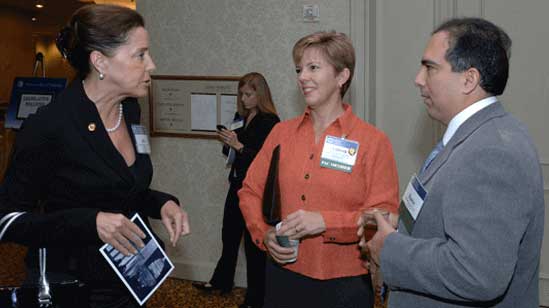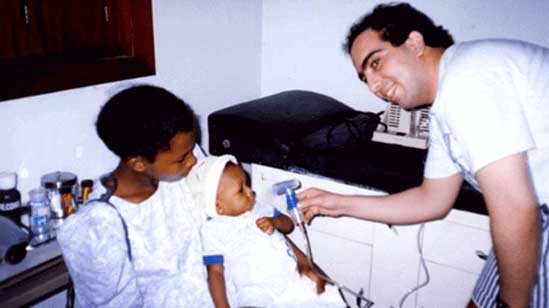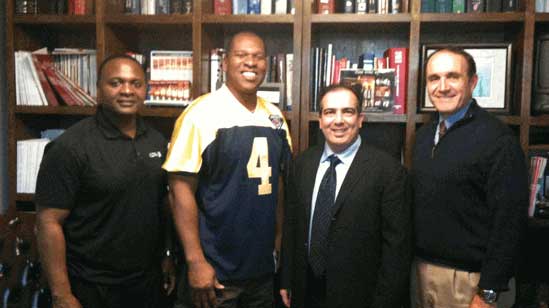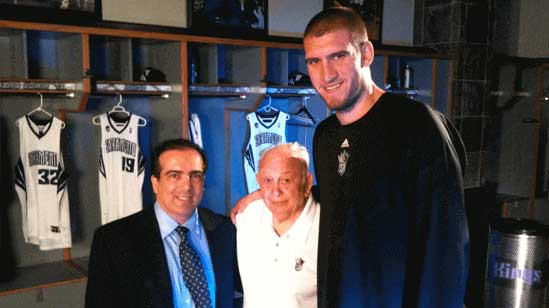Recognizing a Heart Attack or Angina
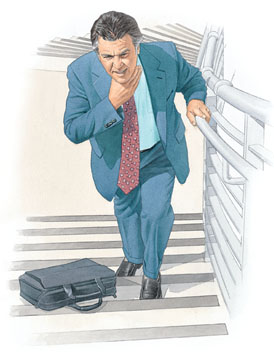
If you have risk factors for heart problems, you should always be on the lookout for signs of angina or a heart attack. If you have a sudden heart problem, getting treatment right away could save your life.
Understanding Angina and Heart Attack
-
Angina is a painful or uncomfortable feeling in or near your chest. It signals a lowered amount of blood flow to the heart. Angina is a sign that you are at increased risk of having a heart attack.
-
A heart attack signals loss of blood flow to the heart. Part of the heart muscle then dies. Though many people survive, a heart attack can be deadly. It is vital to get help as soon as possible for a heart attack.
Angina Versus a Heart Attack
Angina is pain, burning, tightness, or pressure in the chest, back, neck, throat, or jaw. Angina symptoms will most likely feel the same each time you have them. You should know that:
-
Angina symptoms last for only a few minutes. If they last for longer than a few minutes, or go away and come back, you may be having a heart attack. Call 911!
-
Angina symptoms should go away with rest or medication. If they don't go away, call 911!
-
If you have shortness of breath, cold sweat, nausea, or lightheadedness, call 911!
Warning Signs of a Heart Attack
If you have symptoms that you can't explain, call 911 or go to the emergency room right away. The following are warning signs of a possible heart attack:
-
Chest discomfort. Most heart attacks involve discomfort in the center of the chest that lasts more than a few minutes, or that goes away and comes back. It can feel like uncomfortable pressure, squeezing, fullness or pain.
-
Discomfort in other areas of the upper body. Symptoms can include pain or discomfort in one or both arms, the back, neck, jaw, or stomach.
-
Shortness of breath with or without chest discomfort.
-
Other signs may include breaking out in a cold sweat, nausea, or lightheadedness.
Note for women: Like men, women most commonly have chest pain or discomfort as a heart attack symptom. But women are somewhat more likely than men to have some of the other common symptoms, particularly shortness of breath, nausea and vomiting, back pain, or jaw pain.
If You Have Diabetes: Silent Heart Problems
Over time, high blood sugar can damage nerves in your body. This may keep you from feeling pain caused by a heart problem, leading to a "silent" heart problem. If you don't feel symptoms, you are less able to get treatment right away. Talk to your healthcare provider about how to lower your risk for silent heart problems.
ÂÂ

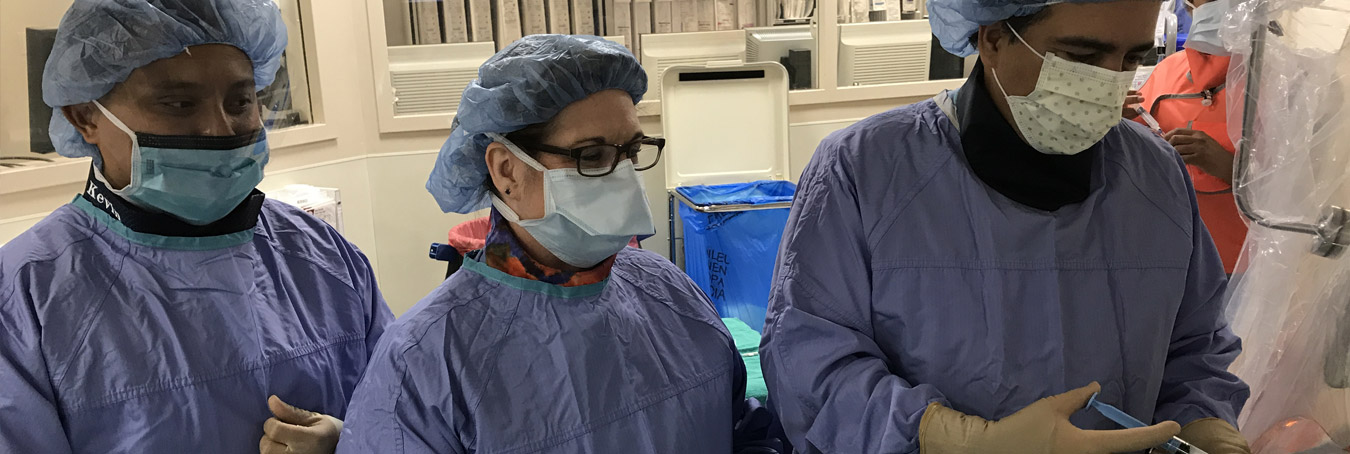




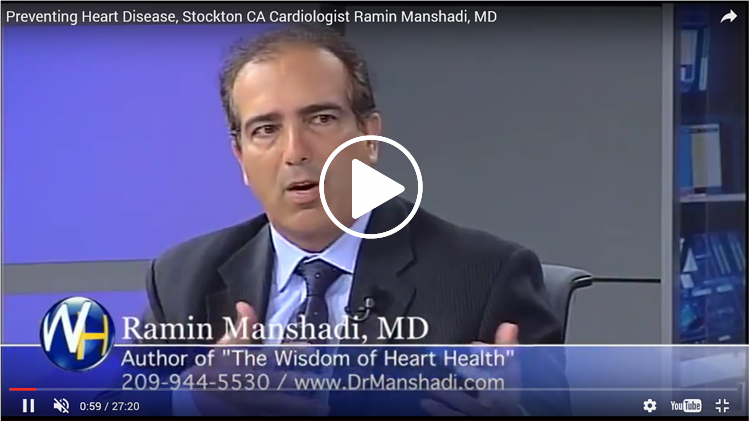
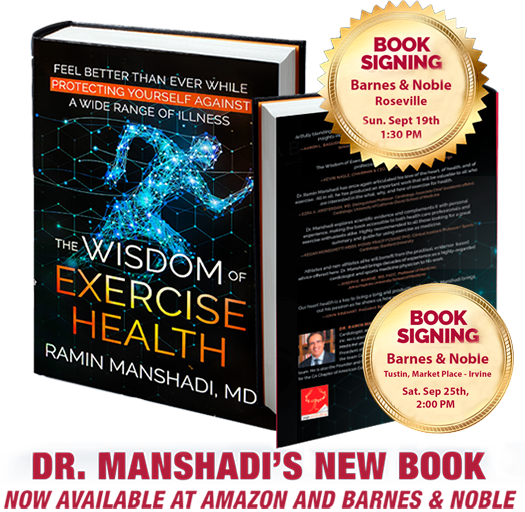

 Click Here for More Details
Click Here for More Details

